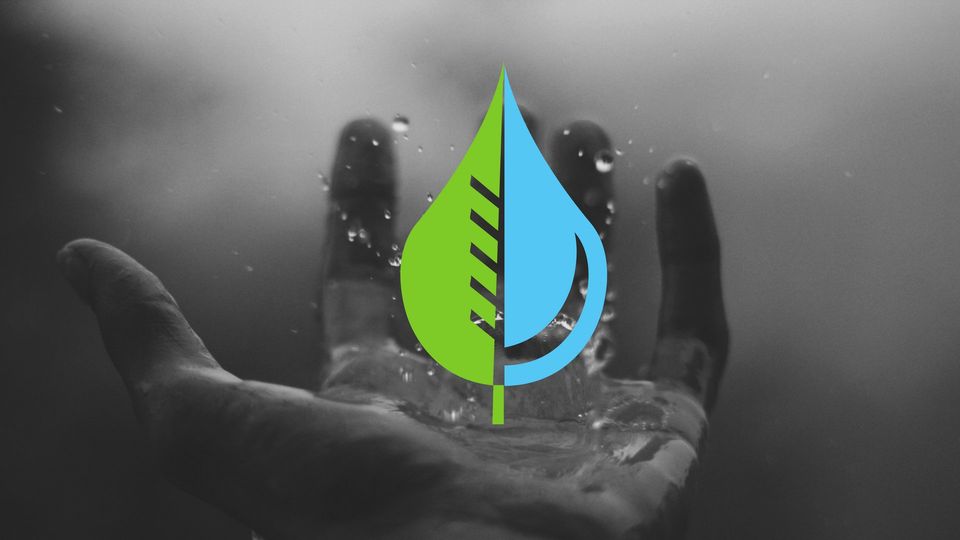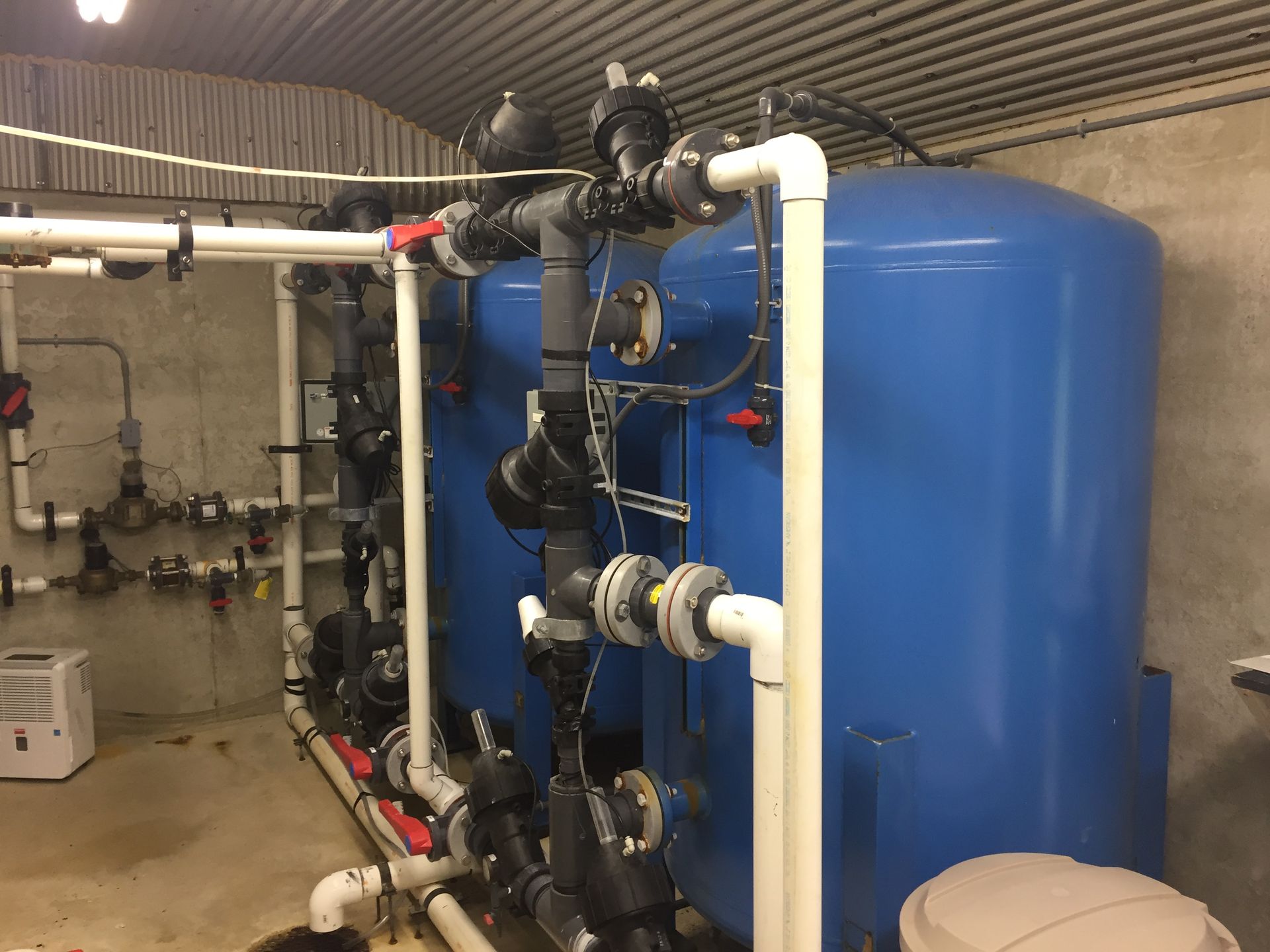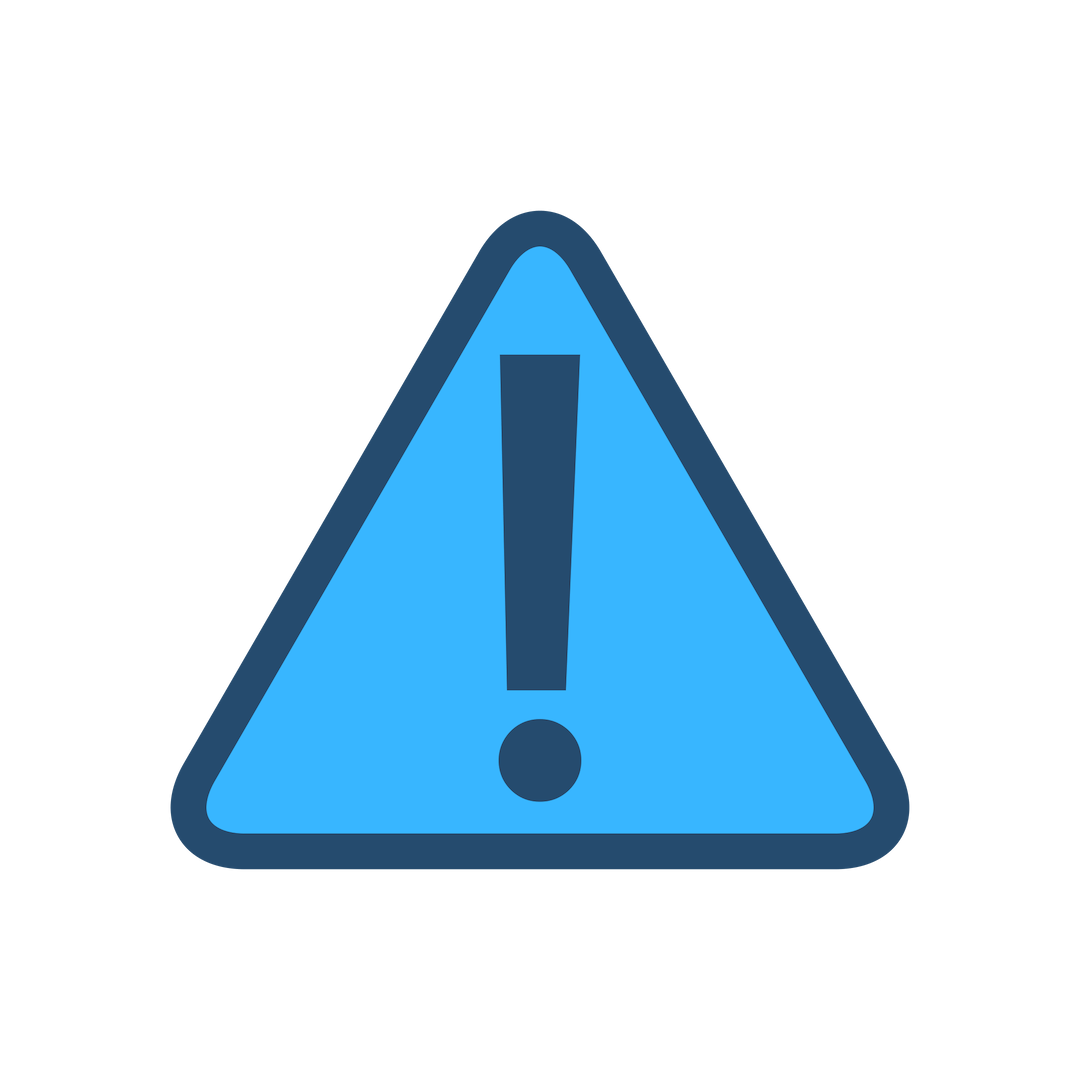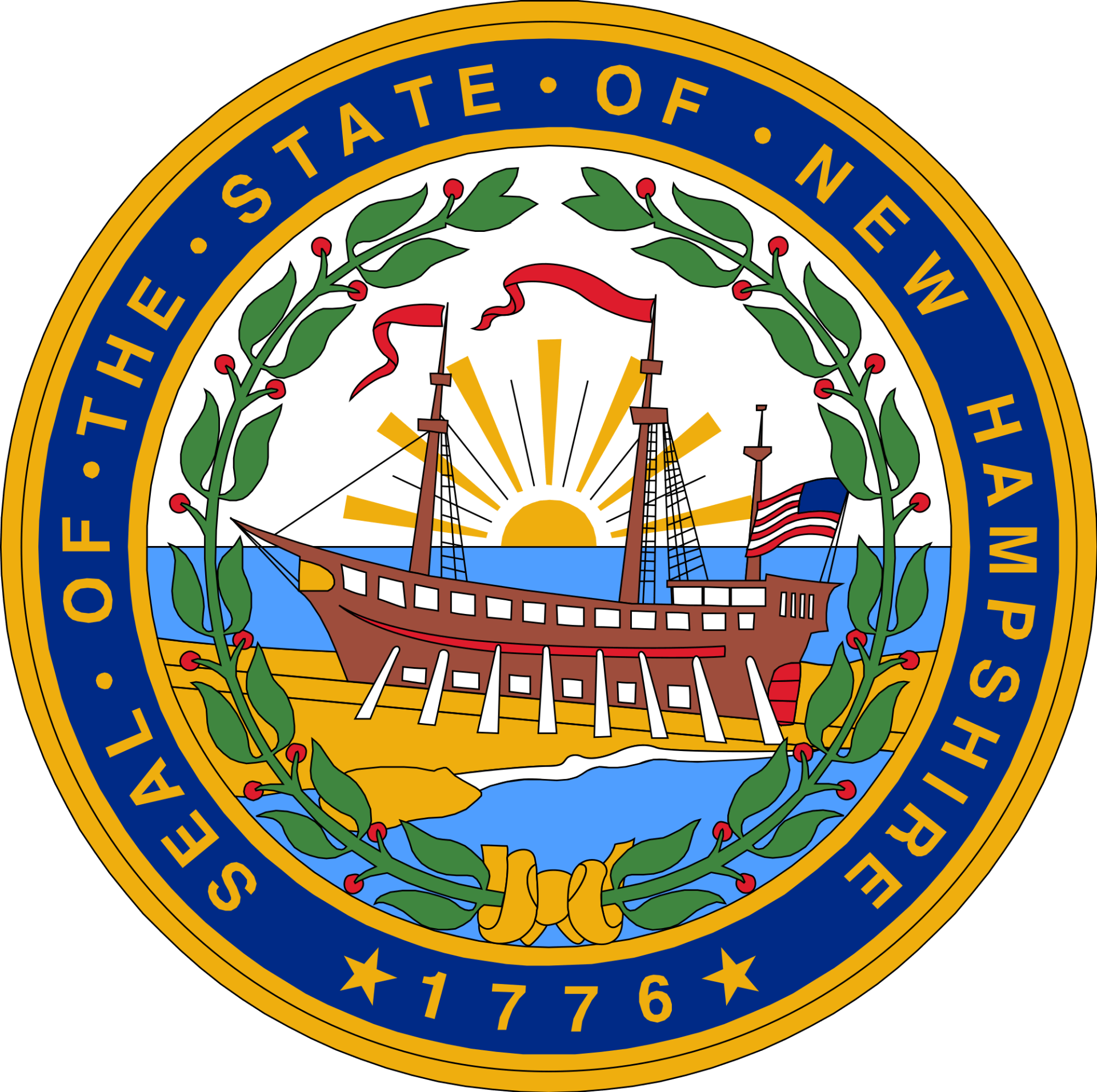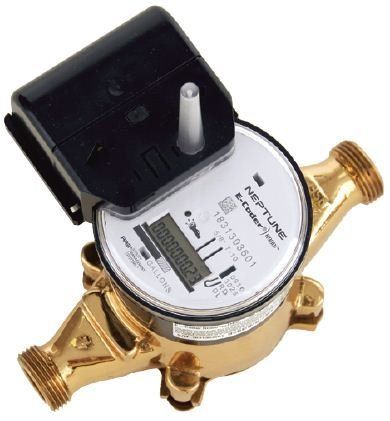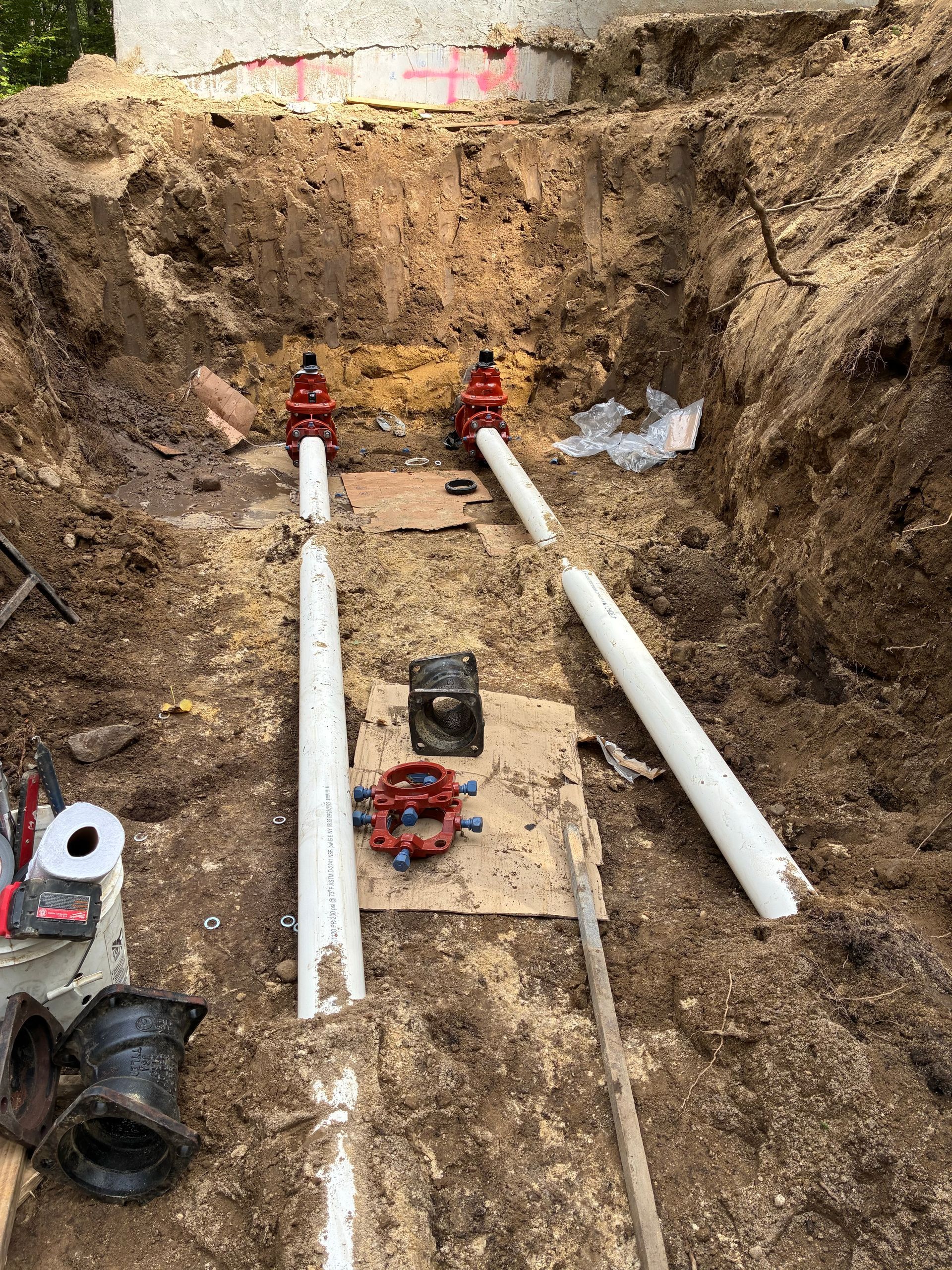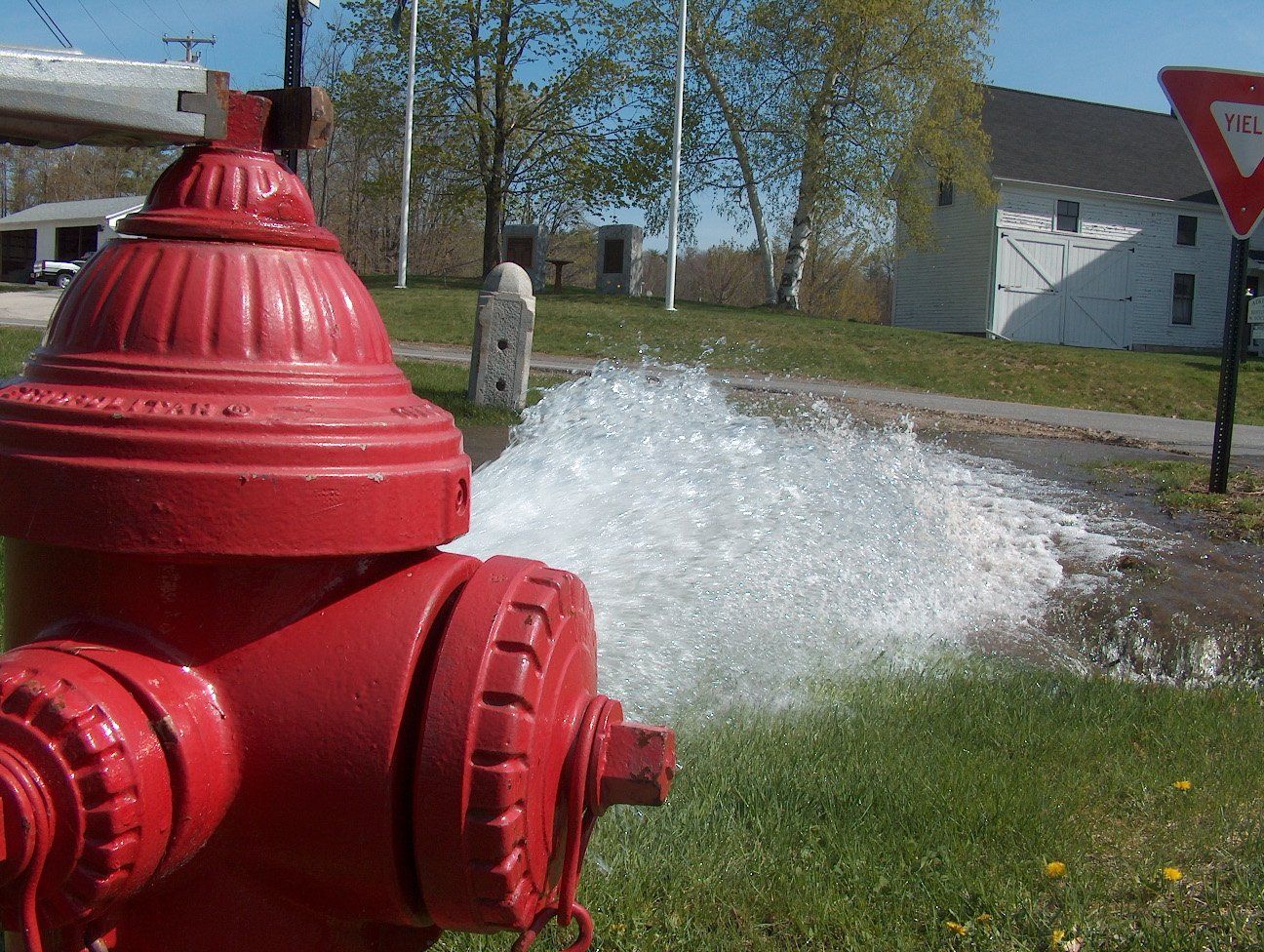The DO's and DON'ts for Maintaining Clean Drinking Water
It's up to YOU!
This content can be downloaded as a printable pdf here:
www.des.nh.gov/organization/commissioner/pip/publications/wd/documents/clean_drinking_water.pdf
Where does your drinking water come from?
Your drinking water comes from either groundwater or surface water. Groundwater is the water that flows through the spaces between soil particles and through fractures in rock. It comes from rain and snowmelt percolating through the ground. Surface water comes from rainfall and snowmelt running over land and from groundwater seepage into lakes, rivers and reservoirs.
Why should you be concerned?
While some pollutants, such as bacteria, viruses and phosphorus, can be reduced by passing through soil under certain conditions, groundwater can be easily contaminated by chemicals and oils. Surface water is also affected by soil and pollutants picked up as water flows over land.
Keep Household Hazardous Wastes Out of your Drinking Water! Such as …
Automotive Fluids • Auto Batteries • Used Motor Oil
Oil-Based Paint • Paint Thinner • Antifreeze
Pesticides • Cleaning products•Gasoline
DO
•Use non-toxic and less-toxic alternatives to pesticides and household chemicals.
•Take leftover household chemicals to your town’s household hazardous waste collection day.
•Follow package directions on pesticides, fertilizers and other household chemicals.
•Check your underground fuel storage tank (UST) frequently for leaks. If a UST is more than 20 years old, replace it with an aboveground storage tank that has a concrete slab underneath it, a cover and secondary containment.
•Take care of your septic system. Inspect it every year and get it pumped out every 3-5 years.
•Avoid damage to your leach field and distribution lines by keeping vehicles, livestock and other heavy objects off of them.
•Test soil every two years to determine existing nutrient levels and pH before applying fertilizers.
•Use slow or controlled release nitrogen sources of fertilizer.
•Measure the area of your lawn to be fertilized to determine how much to use and calibrate or adjust spreader settings to match the recommended rate for fertilizers.
•Use drip pans large enough to contain motor vehicle or power equipment fluids being replaced or drained.
•Fully drain oil over a drip pan or pail before disposal. Most solid waste transfer stations accept used oil filters for recycling. Store and transport used oil filters in a covered leak-proof container until disposal.
•Keep absorbent materials such as rags, pads, “Speedi-Dry” or kitty litter near the work area and clean up all spills as soon as they occur.
•Dispose of all used absorbents immediately in a leak-proof container.
•Refuel or repair engines over an impervious surface, such as a concrete floor or tarp.
•Drain all fluids from motor vehicle parts before removing them from the vehicle.
•Follow medicine disposal guidelines described at www.nh.gov/medsafety.
DON’T
•Buy more pesticides or hazardous chemicals than you need.
•Dispose of hazardous chemicals by pouring them down the drain or onto the ground.
•Over-use pesticides or household chemicals. More is not necessarily better.
•Have your UST removed by a contractor who is not familiar with state guidelines for UST removal.
•Overload your septic system with solids by using a garbage disposal, unless the system is specifically designed for one.
•Pour chemicals down the sink or toilet.
•Use septic system cleaners or additives containing acids or chemical solvents such as trichloroethylene (TCE).
•Use fertilizers if heavy rains are anticipated as the nutrients will be flushed from the lawn into drains and low areas.
•Apply fertilizers within 25 feet of most lakes and streams.
Is Gasoline Contaminating Your Drinking Water?
Gasoline is one of the most dangerous products commonly found around the home, yet people often store and use it with little care. Some of the chemicals in gasoline have been found in drinking water with increasing frequency, including benzene, toluene and MtBE (Methyl t-Butyl Ether), which is easily dissolved in water and is a possible carcinogen. Even a gasoline spills as small as a gallon can contaminate your drinking water wells or a public water supply.
To Protect Your Drinking Water From Gasoline
Avoid Spilling Gasoline on the Ground, Especially Near Wells
•Don’t drain gasoline from lawn mowers, snow blowers, etc. onto the ground.
•Don’t burn brush with gasoline.
•Don’t top off your fuel tank.
•Keep refueling and engine work away from water supply wells, and if possible, over a concrete floor or similar barrier. Immediately clean up any gas or oil spills.
Avoid Spilling Gasoline in Lakes, Ponds, and Rivers
•Keep special gasoline-absorbing pads on your gas-powered boat and know how to use them.
•If you own a larger boat, make sure it has no-spill tank vents.
•Fill portable tanks from outboard boat engines on shore.
•Refuel snowmobiles and ice augers on shore; do not take gasoline storage tanks onto ice-covered ponds.
Revised August 2011
Store Gasoline Properly
•Use a clearly labeled container made for gasoline and with a spout to avoid spills.
•Keep gasoline containers in a dry, well ventilated shed or detached garage away from water supply wells. Don’t keep metal gasoline cans on a dirt floor for extended periods.
Dispose of Waste Gasoline Properly
•Handle old or dirty gasoline as hazardous waste. Bring it to a household hazardous waste collection center in a proper gasoline container.
If a spill occurs: For any size spill that is not immediately cleaned up, first contact your local 911 responder or fire department, then call the DES emergency spill number at (603) 271-3899 (Mon-Fri, 8-4), or weekends and evenings at (603) 223-4381 (NH State Police).
For more information please contact the Drinking Water Source Protection Program at (603) 271-7061 or visit our website:
http://des.nh.gov/organization/divisions/water/dwgb/dwspp/index.htm.

